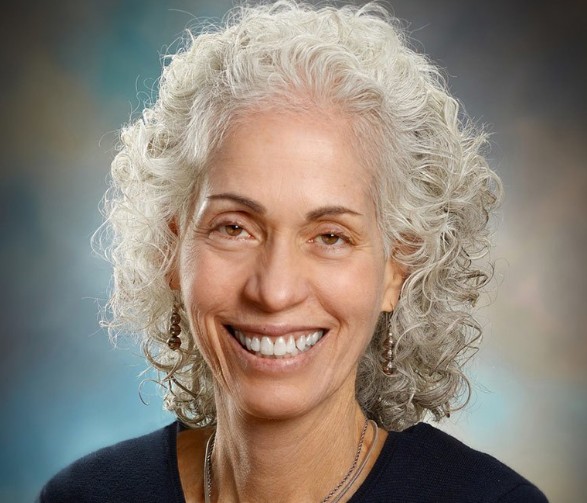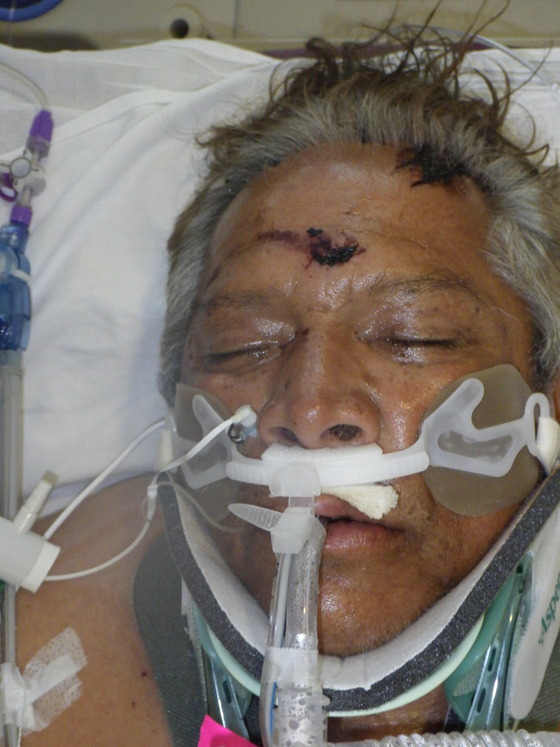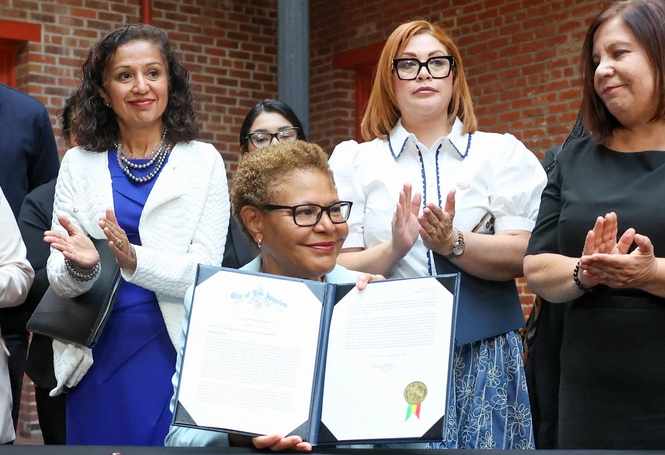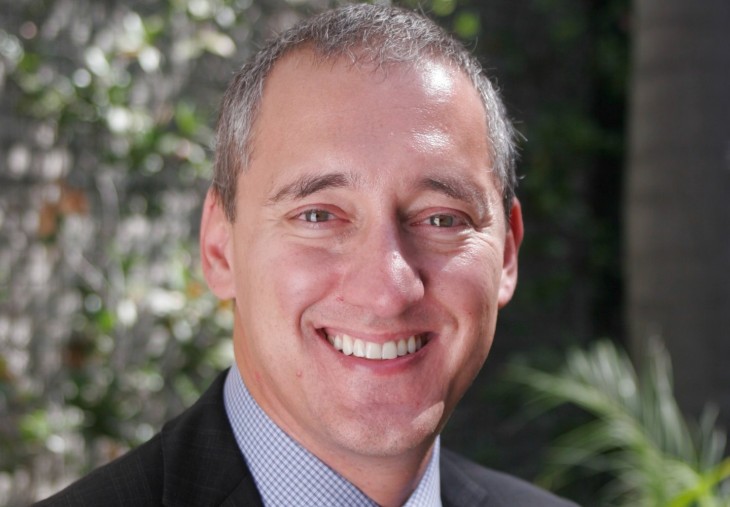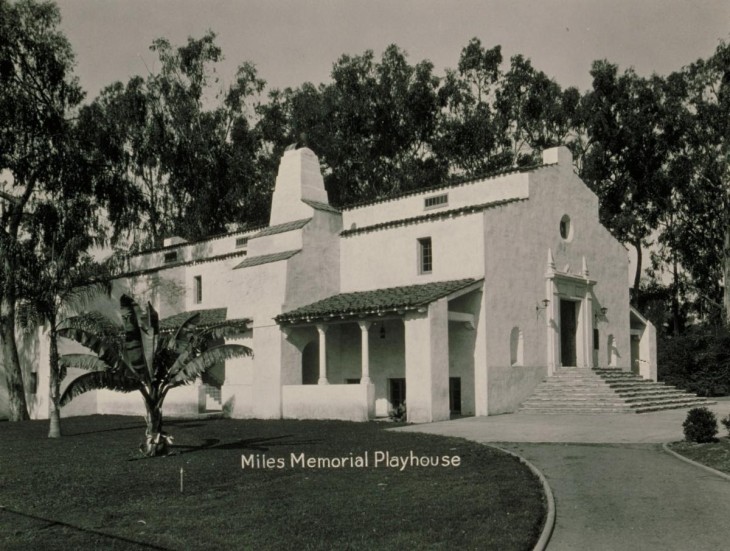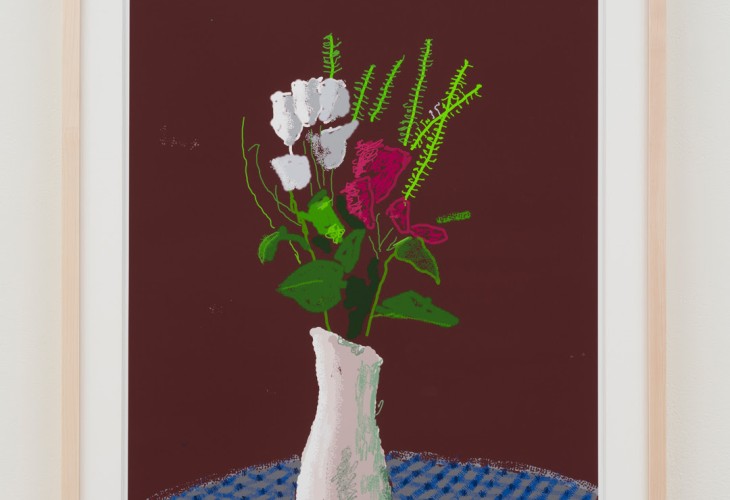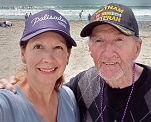We’ve all struggled with the endless mental to-do list at three in the morning. The tossing and turning that leads to more tossing and turning. And the creep of technology into what used to be our psychological and physical winding down time. Luckily, there are natural ways to help you say “good night” and actually mean it! Read on for 15 tricks to rest easy.
According to the National Sleep Foundation, 48 percent of Americans suffer from insomnia (the inability to fall asleep or stay asleep) a few nights a week, while 22 percent have it every night. So you’re not the only one staring at the ceiling at two in the morning!
In Chinese medicine, nighttime is yin time – or simply, when the body takes care, repairs, and regenerates itself. So it isn’t surprising that sleep deprivation not only causes depression, memory problems, and lack of concentration, but new studies have linked insomnia with long term health consequences like congestive heart failure, psychological disorders, and substance misuse. There’s no shortage of reasons to get quality rest. Start here!
What you eat can help you sleep
1. Don’t eat anything for at least three hours before bedtime.
2. Try eating one cup of plain yogurt an hour before bed. It contains a rich supply of tryptophan, an amino acid essential in the production of neurochemicals that help aid sleep.
3. Choose wholesome foods with no preservatives, additives, artificial flavors or colors. Eat lots of leafy green vegetables, whole grains and low-acidic food like asparagus, avocado, apricots, bananas, broccoli, brown rice, salmon, and all kinds of soy products.
4. A grain-based high carbohydrate meal can help make you sleepy, such as a warm bowl of quinoa and veggies, or a large serving of brown rice with greens and fish.
5. Throughout the day, avoid anything with caffeine, artificial sweeteners, candy, dessert, spicy and hard-to-digest foods. When you do try these tempting foods, notice if it affects your quality of sleep that night.
Supplements may help slumber
6. Some supplements that may help you get your beauty rest include calcium, magnesium, phosphorus, potassium, vitamin B complex, and vitamin E. Consult with your physician for the appropriate dosage.
7. You may want to look into the amino acid compounds 5HTP and inositol, which act as precursors to neurotransmitters for sleep.
8. Supplementing with melatonin has also been shown to help counter insomnia.
Try some herbal therapy
9. Sip on valerian or passionflower tea before bedtime every night until your sleep improves. Herbs require patience; it may take up to a month to notice the benefits.
10. Traditional Chinese herbs used for peaceful sleep include oyster shell, chamomile flower, ziziphus, Chinese senega, curcuma, lily bulb, bamboo shavings, China root, and licorice. Some of these are easier to find than others, but chamomile and licorice should be fairly easy to come by in tea or capsules. Other herbs can be found in health and vitamin stores, online, and at the offices of Chinese medicine practitioners. In all cases, they should be used according to individual needs; it is a very good idea to consult with a licensed practitioner for a customized formulation.
Work with your mind and body
11. Keep a journal at night to empty your thoughts from your mind before you go to bed.
12. Meditate for 15 minutes before bed to settle your mind.
13. Relax yourself by soaking your feet in a hot Epsom salt bath for 15 minutes before bed.
14. It’s been shown that people with regular exercise routines have fewer bouts of insomnia. This could be because exercise promotes sleep and improves its quality by altering brain chemistry. Remember not to exercise for a few hours before bed.
15. Exercise combined with meditation or tai chi in the evening will not only help you fall and stay asleep but will also increase the amount of time spent in REM sleep.
May you live long, live strong, and live happy!
Dr. Mao Shing Ni, best known as Dr. Mao is a bestselling author, doctor of Oriental Medicine, and board certified anti-aging expert. He has recently appeared on “The Ricki Lake Show,” “Dr. Oz,” and contributes to Yahoo Health and The Huffington Post. Dr. Mao practices acupuncture, nutrition, and Chinese medicine with his associates at the Tao of Wellness in Santa Monica, Newport Beach, and Pasadena. Dr. Mao and his brother, Dr. Daoshing Ni, founded the Tao of Wellness more than 25 years ago in addition to founding Yo San University in Marina del Rey. To make an appointment for evaluation and treatment call 310.917.2200 or you can email Dr. Mao at contact@taoofwellness.com. To subscribe to his tip-filled newsletter, visit www.taoofwellness.com.


